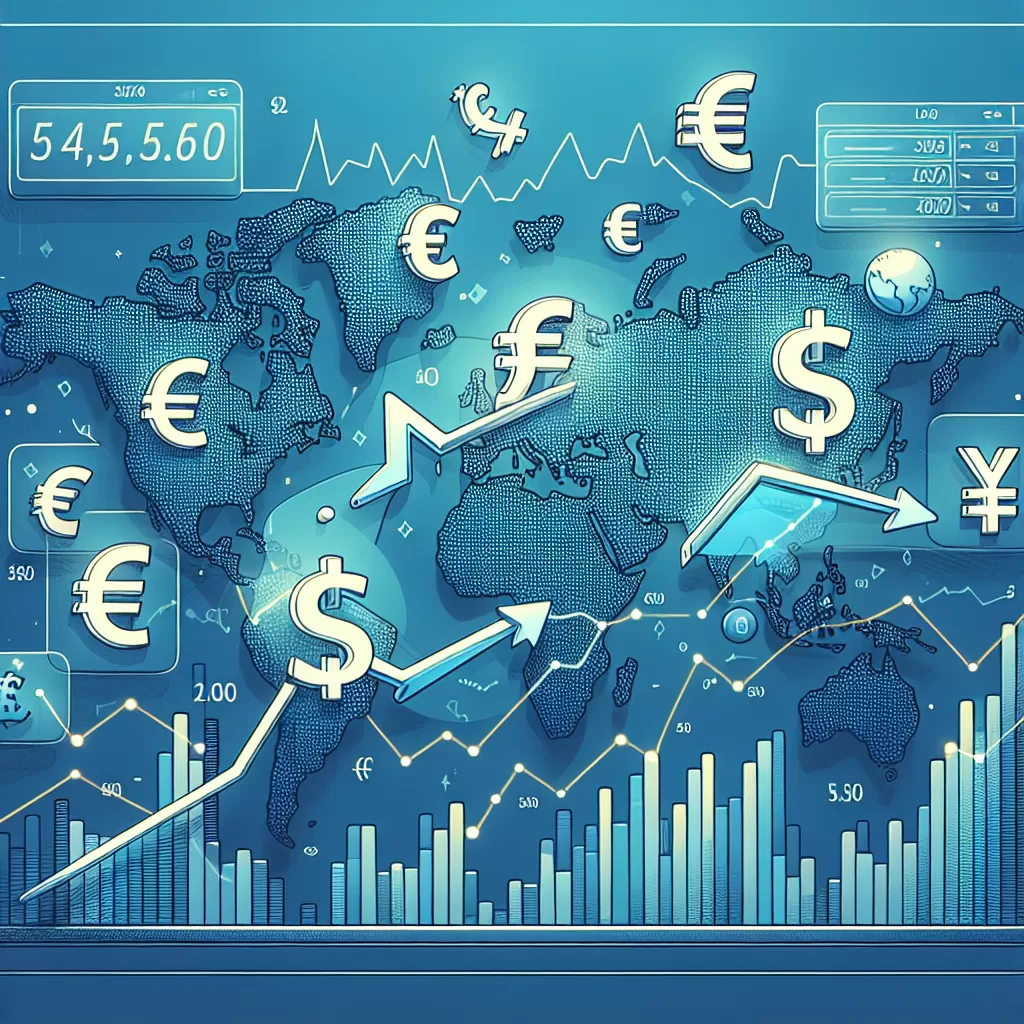When Does Currency Exchange Rate Change
Follow Currency Mart April 10, 2024
Where to purchase Foreign Currencies?

Introduction
Currency exchange rates are an essential aspect of international economics and finance. Exchange rates between different currencies fluctuate regularly due to various factors globally. Understanding why and when exchange rates change can be valuable not only to investors but also to everyday people who travel or order items from across the globe.Understanding Currency Exchange Rates
At its most basic, a currency exchange rate is the cost of changing one currency to another. Exchange rates are continuously shifting, and they change every second of every day as currencies are bought and sold. This is because exchange rates are determined by the foreign exchange market (Forex), where currencies are traded 24 hours a day, five days a week.Influence of Inflation
A key factor determining the exchange rate's movement is inflation. When a country has a consistently lower inflation rate than another, its currency value increases in comparison to the other country's currency. Lower inflation rates typically exhibit a rising currency value as its purchasing power increases relative to other currencies.Impact of Interest Rates
Interest rates also play a major role in determining the value of currencies and, therefore, the exchange rates. Higher interest rates offer lenders a better return relative to other countries. Hence, higher interest rates attract foreign capital and cause the exchange rate to rise, and vice versa.The Role of Economic Stability and Performance
The economic stability and performance of a country also influence its currency exchange rate. Countries with less risk for political turmoil are more attractive to foreign investors, which inevitably raises the exchange rate. Similarly, a country displaying strong economic performance will attract investment from all over the globe, thereby increasing the value of its currency.Government Debt
A country's governmental-debt level is also a key determinant of currency value. Countries with large government debts are less likely to acquire foreign capital, leading to inflation. Thus, a growing debt prompts inflation, which in turn, may lower the exchange rate.Currency Market Speculation
Speculation by traders in the currency markets can also affect currency exchange rates. If a country's money is expected to rise, investors will demand more of that currency in order to make a profit in the near future. This increased demand will boost the value of that country's money.Conclusion
In conclusion, the exchange rate of currencies can change due to various factors such as inflation, interest rates, economic stability, government debt, and speculation. Understanding these factors can provide businesses, travelers, and investors with the insight needed to make informed decisions. As the Guardian of currency exchange, it is my duty to unravel these intricate aspects of when and why currency exchange rates change.
Where to purchase Foreign Currencies?